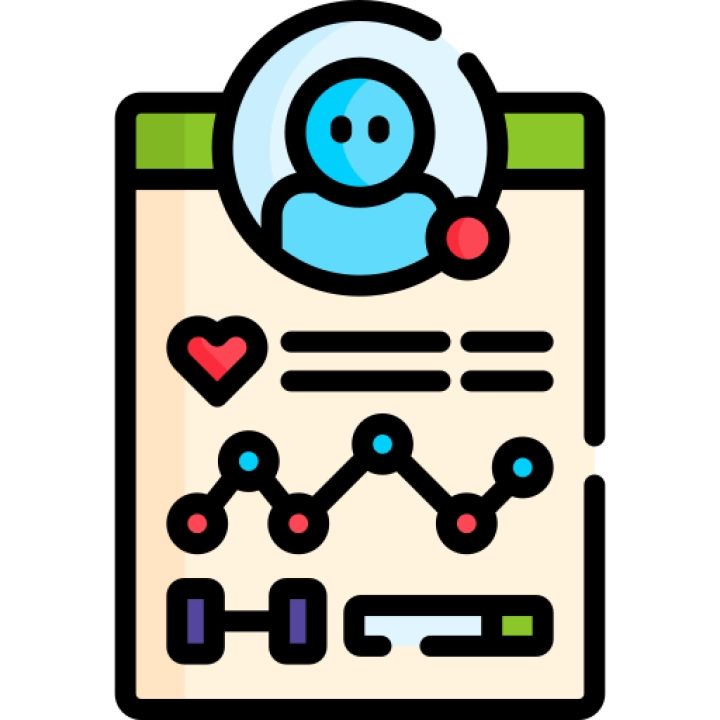College: Graduate Program Institute
The Biostatistics specialty focuses on applying statistical methods in biological, medical fields, and health-related areas. Students acquire skills in statistical theory, data analysis, experimental design, epidemiology, and bioinformatics, preparing for careers in research, public health, pharmaceuticals, healthcare, and related fields.
Learning Objectives:
- Understand biostatistical principles and their application to biological and health sciences.
- Develop skills in statistical theory and data analysis.
- Learn experimental design and sampling techniques.
- Explore epidemiological methods and study designs.
- Analyze bioinformatics tools and computational biology.
- Develop critical thinking, problem-solving, and analytical skills.
- Gain practical experience through research projects and training.
Main Outline:
- Introduction to Biostatistics - Overview of biostatistical principles, history, and current trends.
- Statistical Theory - Fundamentals of probability theory and statistical inference.
- Data Analysis - Techniques for analyzing and interpreting biological and health data.
- Experimental Design - Principles of designing and conducting experiments in biological and health sciences.
- Epidemiology - Methods for studying health and disease distribution and determinants.
- Bioinformatics - Use of computational tools and algorithms for biological data analysis.
- Survival Analysis - Techniques for analyzing time-to-event data in medical and health research.
- Clinical Trials - Principles for designing, conducting, and analyzing clinical trials.
- Statistical Software - Use of statistical software for data analysis and visualization.
- Genomics and Proteomics - Statistical methods for genomic and proteomic data analysis.
- Research Methods in Biostatistics - Techniques for conducting and evaluating biostatistical research.
- Practical/Applied Training - Hands-on experience in research institutions, pharmaceutical companies, public health agencies, or related organizations.
- Capstone Project - Comprehensive project applying biostatistical skills, such as conducting a data analysis study, designing an experimental protocol, or developing a bioinformatics tool.
Assessment Methods:
- Biostatistical principles analysis
- Statistical theory projects
- Data analysis projects
- Experimental design projects
- Epidemiology projects
- Bioinformatics projects
- Survival analysis projects
- Clinical trial projects
- Statistical software projects
- Genomics and proteomics projects
- Research methods projects
- Practical training reports
- Capstone projects and presentations
Recommended Textbooks:
- "Introduction to Biostatistics"
- "Statistical Theory"
- "Data Analysis"
- "Experimental Design"
- "Epidemiology"
- "Bioinformatics"
- "Survival Analysis"
- "Clinical Trials"
- "Statistical Software"
- "Genomics and Proteomics"
- "Research Methods in Biostatistics"
Prerequisites:
Basic knowledge of mathematics and statistics, with an interest in biostatistics and health sciences.
Program Duration:
Typically 4 years to obtain a Bachelor's degree in Biostatistics.
Certifications:
Graduates can obtain certifications such as:
- Certified Biostatistician (CB)
- Certified Health Data Analyst (CHDA)
- Specific biostatistical programs and techniques certifications
Target Audience:
Aspiring biostatisticians, data analysts, epidemiologists, bioinformaticians, clinical trial managers, and professionals seeking roles in research institutions, pharmaceutical companies, public health agencies, healthcare organizations, and related fields. This program equips students with the statistical, analytical, and computational skills necessary for excellence in biostatistics, supporting careers across various roles in research institutions, pharmaceutical companies, public health agencies, healthcare organizations, and related fields. The program offers comprehensive education in biostatistical principles, statistical theory, data analysis, experimental design, epidemiology, bioinformatics, survival analysis, clinical trials, statistical software, genomics, proteomics, research methods, and practical experience through research projects and internships, preparing students for successful careers in this field.

